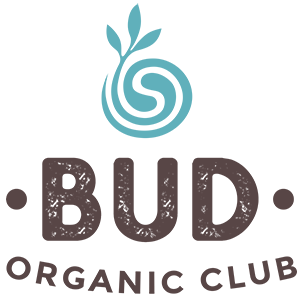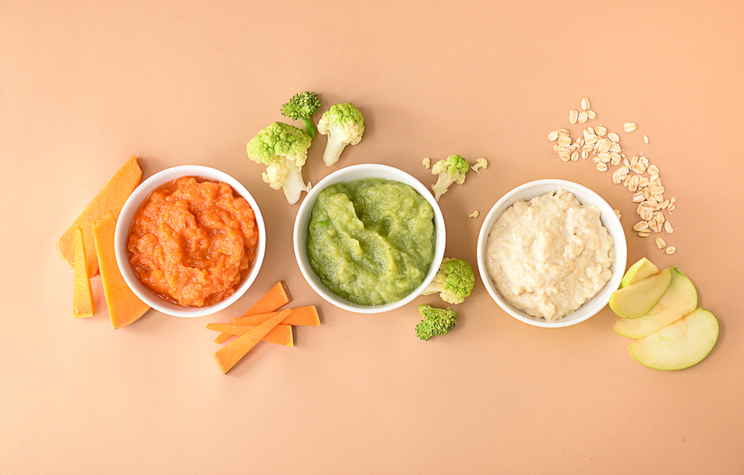As parents, we all want what’s best for the baby, right? This applies to what we are feeding them. Babies have a higher vulnerability and risk for toxin exposures compared to adults, both due to their small size and the fact their organs are still developing.[1] Exposure to even small amounts of toxins during this significant stage may have big impacts on their health and development.
With that in mind, here are some potential benefits for choosing organic baby food:
- Reduced exposure to harmful pesticides and chemicals: synthetic, toxic and persistent pesticides or chemicals weren’t used in the growing process. Choosing organic means you may reduce your baby’s exposure to these pesticides and chemicals.[2]
- No GMOs: Organic baby food does not allow genetically modified organisms (GMOs). GMOs have been shown to cause allergic reactions[3] and to date there is still very limited information on their long-term effects on the human body.
- Less additives: For parents who want to avoid feeding their babies potentially harmful ingredients, organic baby food does not contain synthetic preservatives and artificial flavours.
- Higher nutrient content: Organic produce is grown and allowed to ripen naturally in nutrient-rich soil, meaning it has more of the good stuff such as polyunsaturated fats, omega-3, micronutrients, proteins, and non-essential amino acids.[4]
- Support for Sustainable Agriculture: Choosing organic means you are supporting farmers who prioritise environmental health and sustainable food systems. This could have positive impacts on the health of our future generations, and the planet as a whole.
For the same reasons above, eating an organic diet during pregnancy could provide health benefits for both mother and the developing baby. Pregnant women and breastfeeding mothers may potentially transfer toxins to their babies through the placenta and breast milk [5,6], respectively, making it important for them to minimise their toxin exposure as much as possible.
Organic baby foods may be more expensive than non-organic options, but the potential benefits for your baby outweigh the added cost! Making your own baby food from fresh organic ingredients and then freezing the product is another way to potentially save money while providing your baby with a healthy, balanced diet.
It’s important to always carefully read the labels and to consult with your healthcare provider for the optimal balanced diet according to your individual needs. Look for the Bud logo and certification mark to ensure the products you buy are authentically organic!
List of References
[2] Available at: https://pubmed.ncbi.nlm.nih.gov/26887584/
[3] Available at: https://doi-org.ezproxy.library.uq.edu.au/10.1002/mnfr.201500769
[4] Available at: https://pursuit.unimelb.edu.au/articles/how-do-organic-and-non-organic-foods-influence-our-gut-microbiome
[5] Available at: https://www.proquest.com/docview/2083755151?parentSessionId=vmy7clqbxewOUkG9oTdVoLBf1N8O2jJR5xL9QXWgQkk%3D&pq-origsite=primo&accountid=14723
[6] Available at: https://academic.oup.com/ajcn/article/104/3/646/4668536?login=true
Organic Baby Food Glossary
GMOs: A genetically modified organism (GMO) is an animal, plant, or microbe whose DNA has been altered using genetic engineering techniques.


